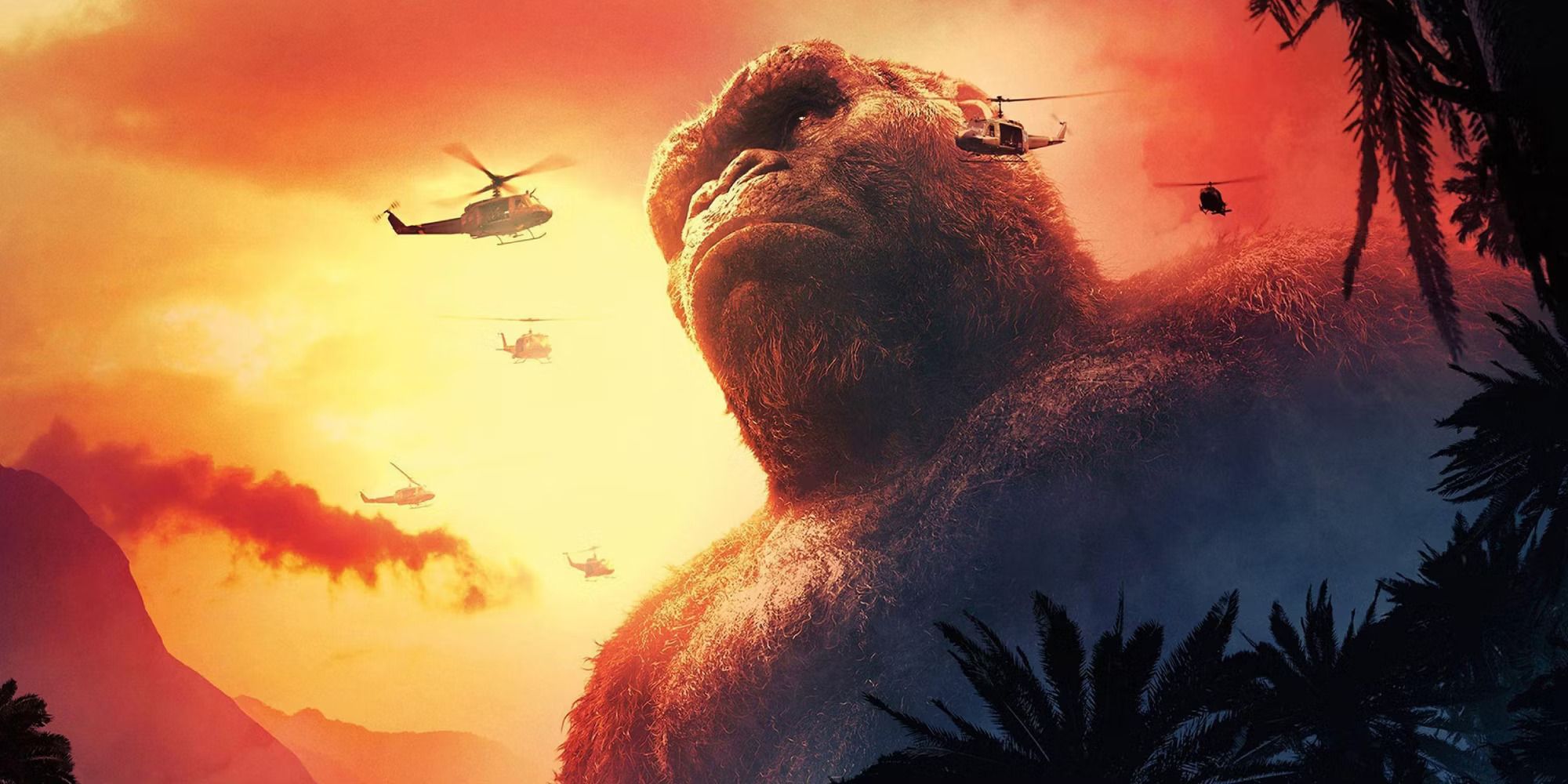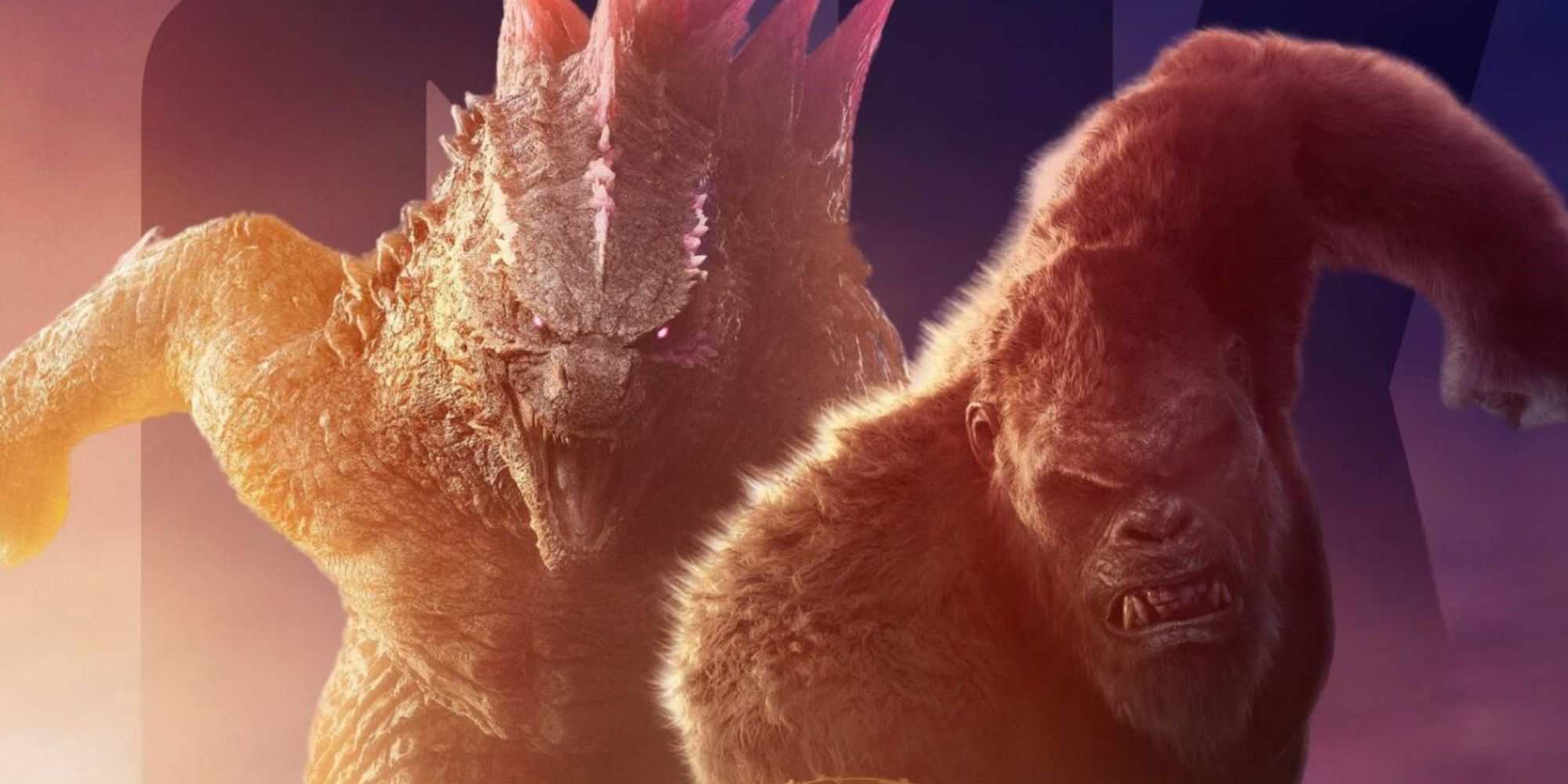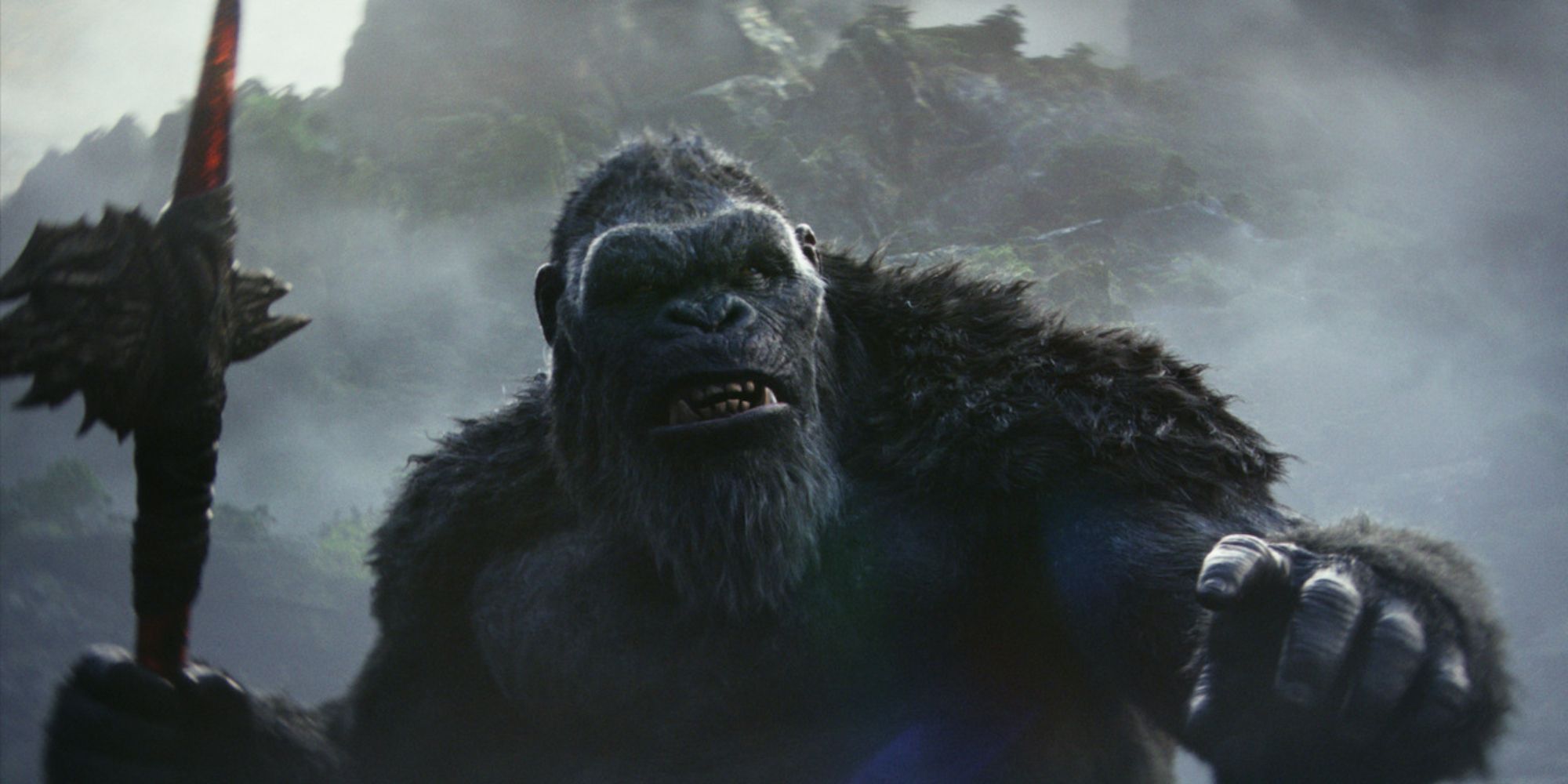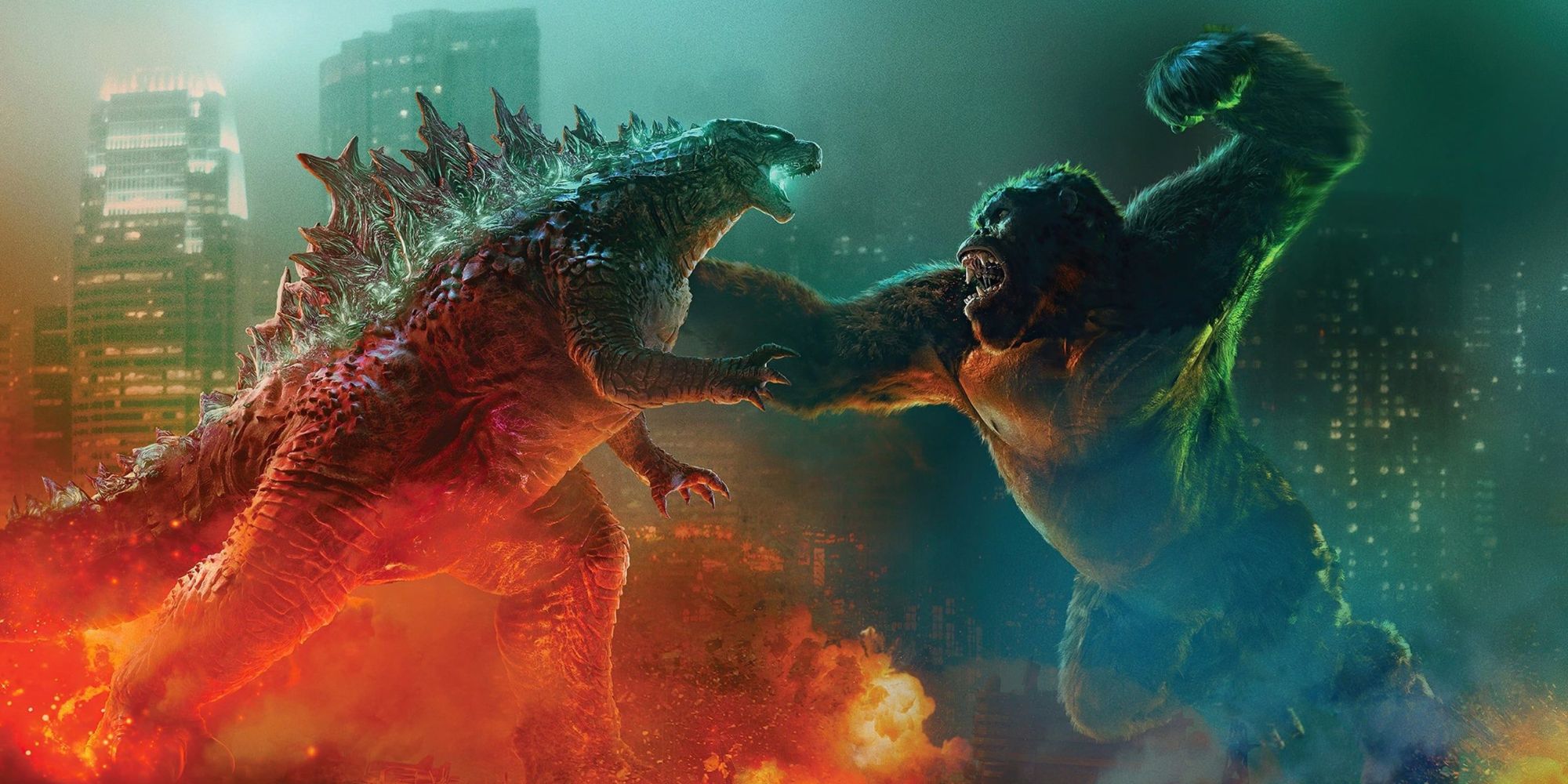Kong: Skull Island stands out among the Monsterverse, demonstrating some fascinating truths about the state of Godzilla and Kong on the big screen.

The Monsterverse franchise built King Kong and Godzilla into its twin stars. Most cinematic universes struggle because they put the cart before the horse. They want the money and prestige of Avengers: Endgame without the decade spent building up to it. The Monsterverse wisely established its central figures, but the films differ wildly in quality. Despite the ever-increasing spectacle of new entries, the franchise’s strongest cinematic outing to date is still Jordan Vogt-Roberts’ Kong: Skull Island.
Godzilla x Kong: The New Empire is performing extremely well at the box office. It’s the second-highest grossing film of 2024 so far, behind only Warner Bros. own Dune: Part Two. Its tremendous financial success all but guarantees further installments in the Monsterverse. It seems likely that GxK also defined the general direction of every new outing. Fans can expect Godzilla and Kong to face ever-escalating threats in a monster of the week format. The alternative, however, might be more appealing.
Kong: Skull Island is the best Monsterverse movie
Kong: Skull Island is the second entry in Legendary Pictures’ Monsterverse and the eleventh King Kong movie. Gareth Edwards’ 2014 Godzilla started the shared Monsterverse franchise with a solid reboot of the King of the Monsters’ story. Legendary pitched a King Kong reboot shortly after their success with Godzilla, quickly shifting studios to work toward the eventual crossover. Godzilla’s return to Hollywood felt appropriate, combining modern American military imagery with the classic Kaiju actions fans love. Kong: Skull Island took a different approach. Writer Max Borenstein wanted to avoid the old-fashioned “beauty killed the beast” routine. He imagined a Vietnam War setting, eventually sharing an appreciation for Apocalypse Now with director Jordan Vogt-Roberts. Though Borenstein’s script likely would have been much better, the film underwent several rewrites. The result remains a sharp, meaningful monster movie.
Kong: Skull Island follows an expedition to the titular remote location to study and document its prehistoric creatures. Bill Randa, head of a mysterious US government group called Monarch, gathers several dedicated professionals to travel to the enigmatic island. Tracker James Conrad and anti-war photographer Mason Weaver join the crew under US Army Lieutenant Colonel Preston Packard. Their journey reaches an immediate snag when a 100-foot-tall ape attacks. Kong demolishes the military detachment, quickly scattering the survivors across the hostile island. It’s a solid setup that allows the most fascinating narrative elements to emerge. It’s a monster drama in which Samuel L. Jackson’s character picks a fight with Kong because he’s looking for a win after Vietnam. Without putting too fine a point on it, this Monsterverse movie is about something.
What can the Monsterverse learn from Kong: Skull Island?



Kong: Skull Island is the highest-grossing entry in the Monsterverse. That’s slightly shocking, though Godzilla x Kong‘s theatrical run isn’t over and Godzilla vs. Kong had a pandemic to deal with. It’s the third-highest-rated Monsterverse movie on Rotten Tomatoes, which sounds unimpressive, but its 75% score sits only one point below Godzilla‘s and Godzilla vs. Kong‘s 76% tie. The problem with most Monsterverse offerings is an issue derived from its source material. While Ishiro Honda’s 1954 classic is touching, haunting, and horrific, most Godzilla movies are messy spectacles with nothing behind them. Godzilla (2014) arguably has something to say, but its handling of the message and the human characters in general leaves a lot to be desired. Godzilla vs. Kong eschewed most of the drama in favor of non-stop monster action, but it didn’t have the guts to fully dispense with its human characters. Kong is the only outing that focused on a non-monster narrative and executed it well.
After Godzilla and Kong: Skull Island, the Monsterverse has transitioned into its current phase. While the modern entries are endlessly entertaining, they lack any selling point beyond monsters punching each other. Kong: Skull Island is far from perfect, but it has something meaningful to say. Future Monsterverse movies can repeat that success by delving deeper than surface level. Godzilla vs. Kong is arguably the perfect modern incarnation of the classic goofy Godzilla appeal, but Kong airs closer to the other virtue of the genre. A deeper examination of the monsters, what they mean to the narrative, and humanity’s interaction with them would allow future Monsterverse movies to stand out.
No one is necessarily asking the Monsterverse to put aside its consequence-free monster fun. It could probably sustain another few entries off the back of watching apes and lizards slug it out with nine-figure budgets. Kong: Skull Island is still a compelling action movie, but its Vietnam-era wartime drama and moving character motivations helped it feel special. Maybe the next Kaiju-themed party will be about something.





